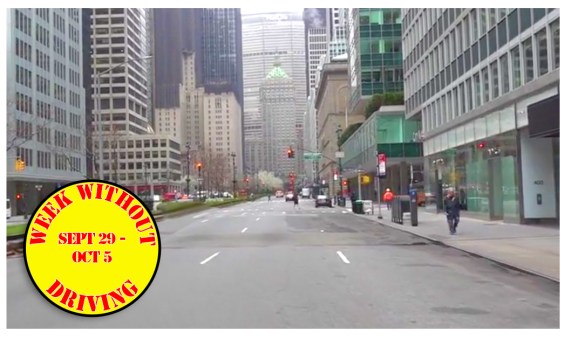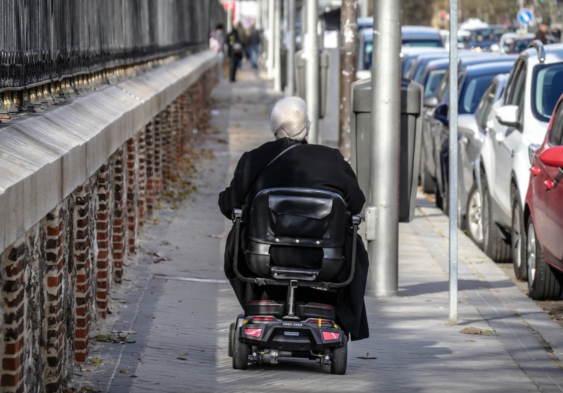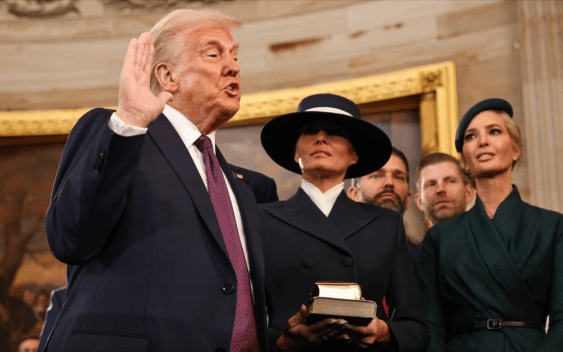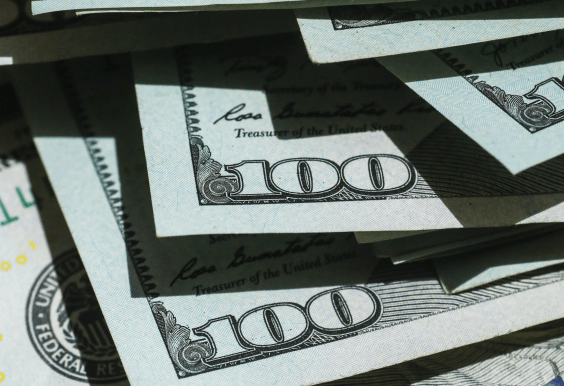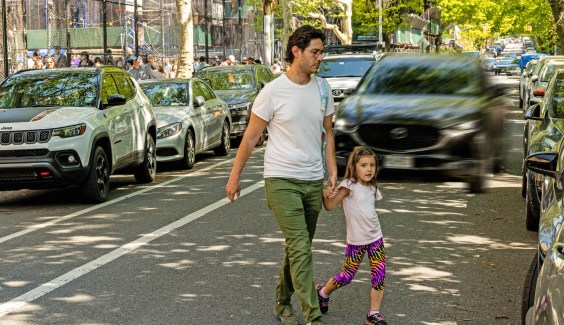car dependence
Zivarts: How ‘Week Without Driving’ Is Having An Impact
Needing to drive in a car-dependent society is not some sort of moral failure. A one-week teach-in can help elected officials see that.
Is U.S. Transportation Policy Ready For The ‘Silver Tsunami’?
America's car-dependent communities and the legal system that creates them aren't prepared for the rising proportion of seniors who can't safely drive, a new book argues — and before the "silver tsunami" crashes down on us, we need to make reforms.
Best of 2024: Giving Americans More Transportation Options Could Save Them $6.2 Trillion
Yes, confronting car dependency can help cure climate change. But it can also put money back in Americans' pockets.
Study: Depending on Cars Does Make Some People Happier … to a Point
Survey says: it's complicated. And sustainable transportation advocates should take notice.
Presidential Elections Hinge on Gas Prices. Why Not on the High Cost of Car Dependency?
Policymakers must prioritize making car-light living a real option through policies that encourage building more housing in multimodal communities and retrofitting unimodal neighborhoods around people outside cars.
Report: Confronting Car Dependence Won’t Just Help With Climate Change; It’s a $6.2 Trillion Opportunity
Making driving truly optional can save the planet — and save American households trillions of dollars.
When Car Dependency Meets Climate Disaster
How does car dependency make weathering a storm harder, and what can we do about it? We sat down with two experts from the Urban Institute to find out.
Streetsblog Editor Reflects on the 23rd Anniversary of 9/11
Auto dependency carries severe and destructive consequences that go well beyond pollution and wrecks
Car Dependency Is a Public Health Threat — But Americans Are Too ‘Car Brained’ to See It
Whether you call it "windshield bias" or "motonormativity," Americans have a serious bias that accepts the downsides of automobile travel.
